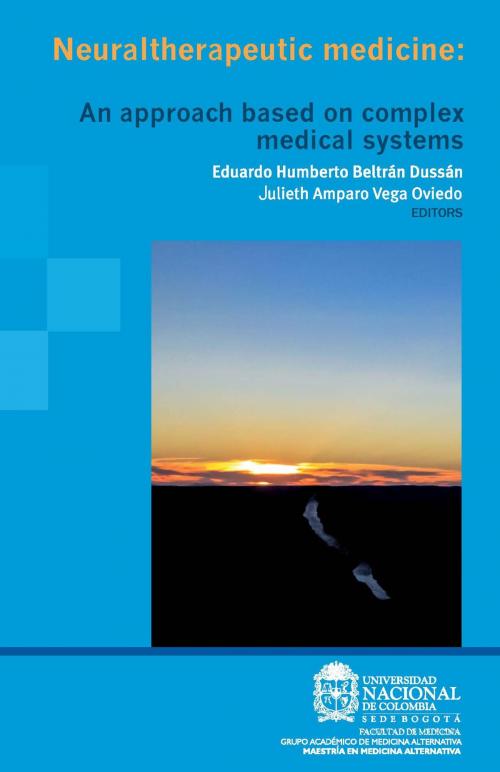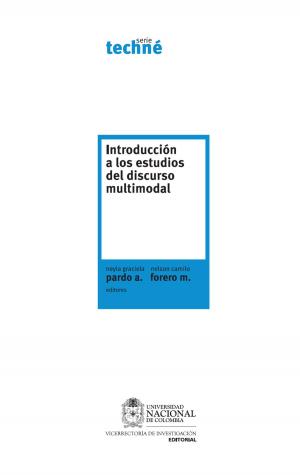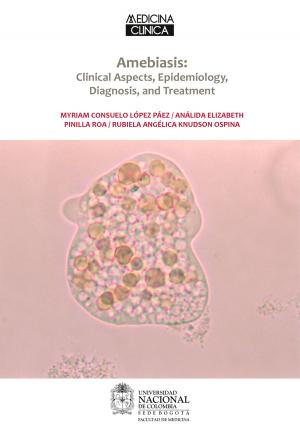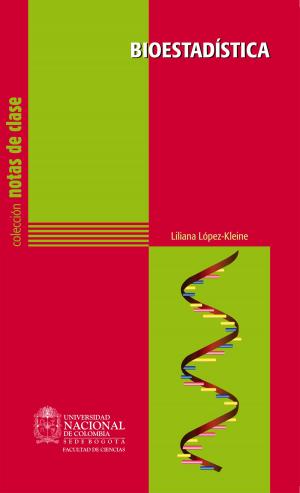Neuraltherapeutic Medicine
An approach based on complex medical systems
Nonfiction, Health & Well Being, Medical, Reference| Author: | ISBN: | 9789587616958 | |
| Publisher: | Universidad Nacional de Colombia | Publication: | January 1, 2016 |
| Imprint: | Language: | English |
| Author: | |
| ISBN: | 9789587616958 |
| Publisher: | Universidad Nacional de Colombia |
| Publication: | January 1, 2016 |
| Imprint: | |
| Language: | English |
Since the day that Walter and Ferdinand Huneke discovered, in 1925, during their investigations, that procaine led to the disappearance of different pathological states (in addition to its anesthetic properties), much curiosity and many question marks have arisen in relation to the explanation of this phenomenon. However, to date, all the answers are still not known, stimulating further research in the field. The excellent results obtained from the application of procaine to the diverse pathologies of many patients in various countries around the world, leading even to the resolution of these problems, has stimulated reflection around the foundations that could support the mechanisms of action of the treatment that, until now, has been called neural therapy. Now there is greater clarity and scientific support has been found —based on theoretical hypotheses and practical investigations— that has permitted the construction of a concept based on what today has earned the right to be called neuraltherapeutic medicine (ntm). As a point of reference, it relies on ideas through which the different medical fields have been able to formulate the concept of "complex medical systems". Support for neuraltherapeutic medicine can be found in the work of researchers such as Pavlov, Speransky, and many other globally recognized personalities. Our knowledge of, and advances in, quantum physics, biocybernetics, mathematics, chaos theory, and systems theory —as well as modern investigations in the field of neurology— have given us greater clarity about neuraltherapeutic medicine's mechanisms of action. With these findings, an academic dialogue within the paradigmatic conceptions of neuraltherapeutic medicine becomes easier.
Since the day that Walter and Ferdinand Huneke discovered, in 1925, during their investigations, that procaine led to the disappearance of different pathological states (in addition to its anesthetic properties), much curiosity and many question marks have arisen in relation to the explanation of this phenomenon. However, to date, all the answers are still not known, stimulating further research in the field. The excellent results obtained from the application of procaine to the diverse pathologies of many patients in various countries around the world, leading even to the resolution of these problems, has stimulated reflection around the foundations that could support the mechanisms of action of the treatment that, until now, has been called neural therapy. Now there is greater clarity and scientific support has been found —based on theoretical hypotheses and practical investigations— that has permitted the construction of a concept based on what today has earned the right to be called neuraltherapeutic medicine (ntm). As a point of reference, it relies on ideas through which the different medical fields have been able to formulate the concept of "complex medical systems". Support for neuraltherapeutic medicine can be found in the work of researchers such as Pavlov, Speransky, and many other globally recognized personalities. Our knowledge of, and advances in, quantum physics, biocybernetics, mathematics, chaos theory, and systems theory —as well as modern investigations in the field of neurology— have given us greater clarity about neuraltherapeutic medicine's mechanisms of action. With these findings, an academic dialogue within the paradigmatic conceptions of neuraltherapeutic medicine becomes easier.















